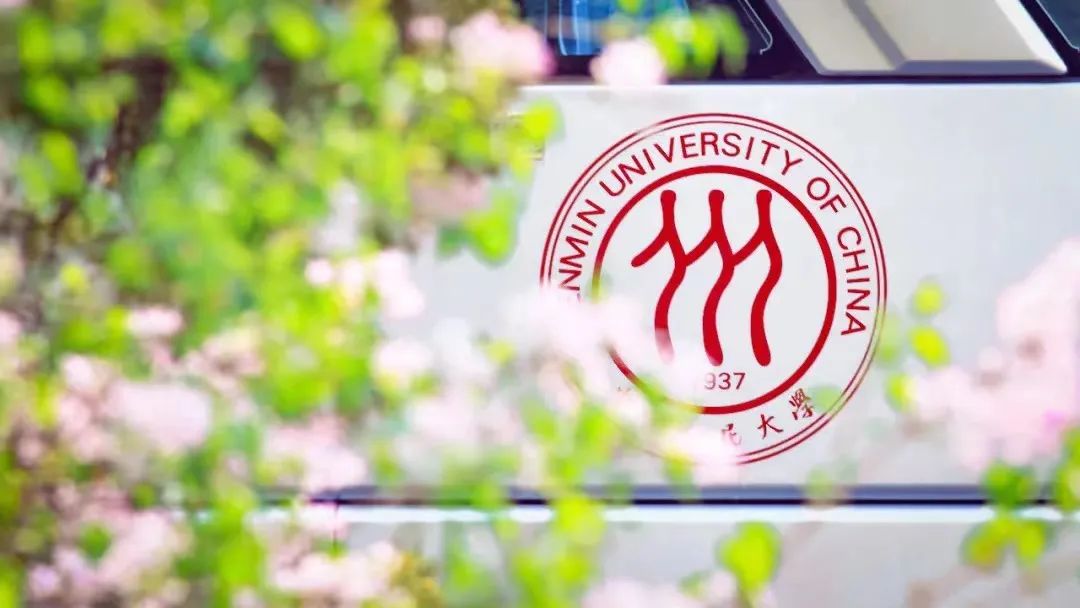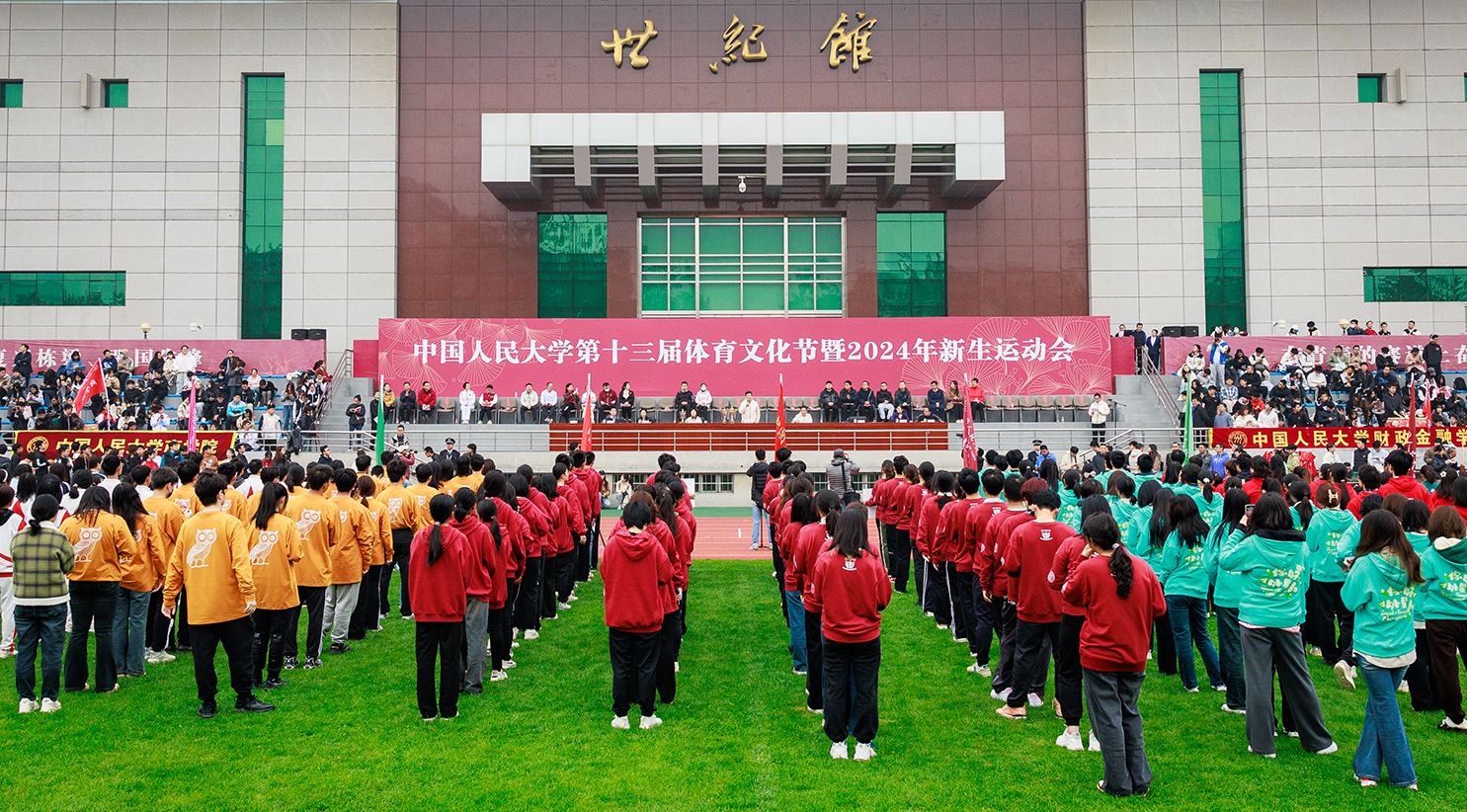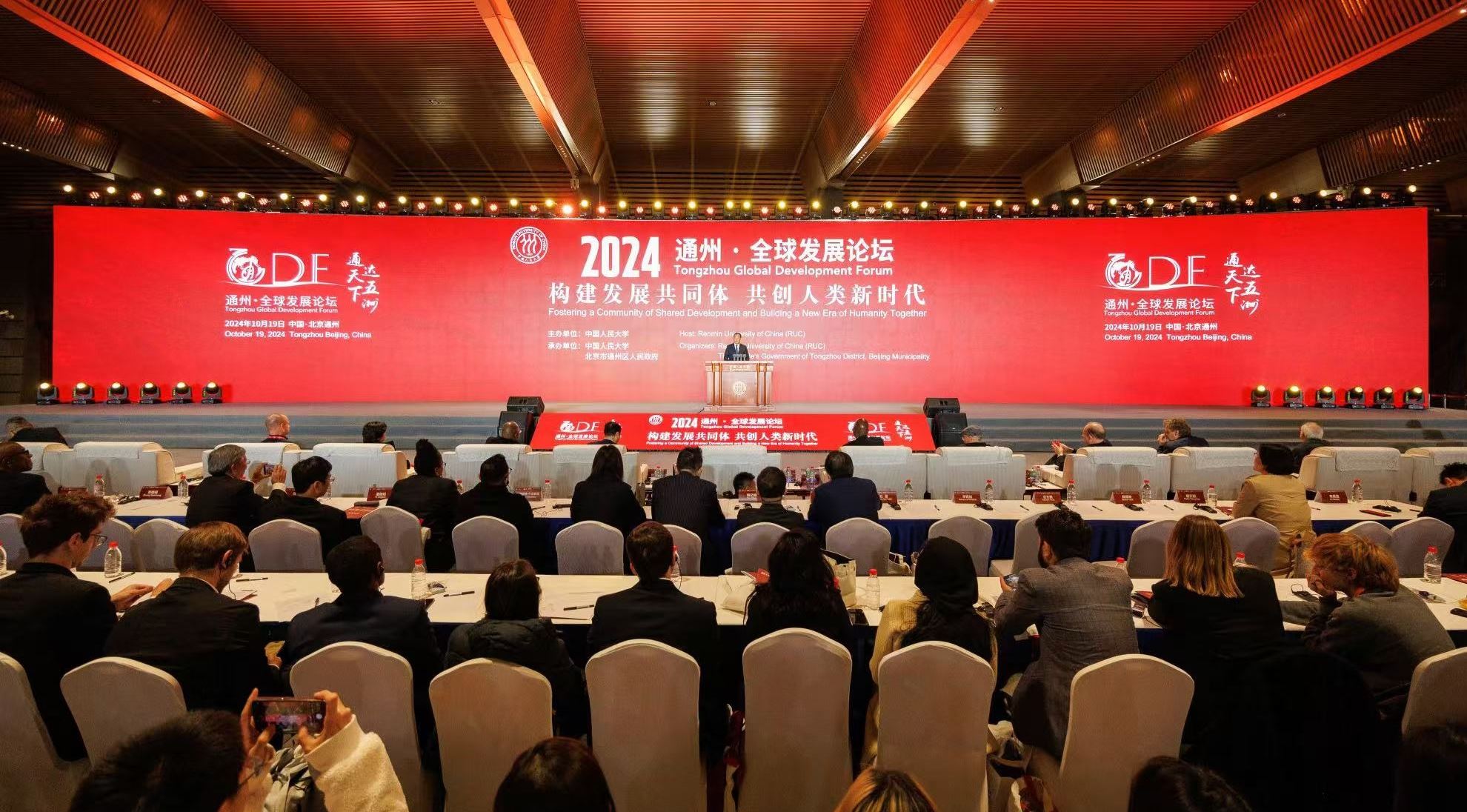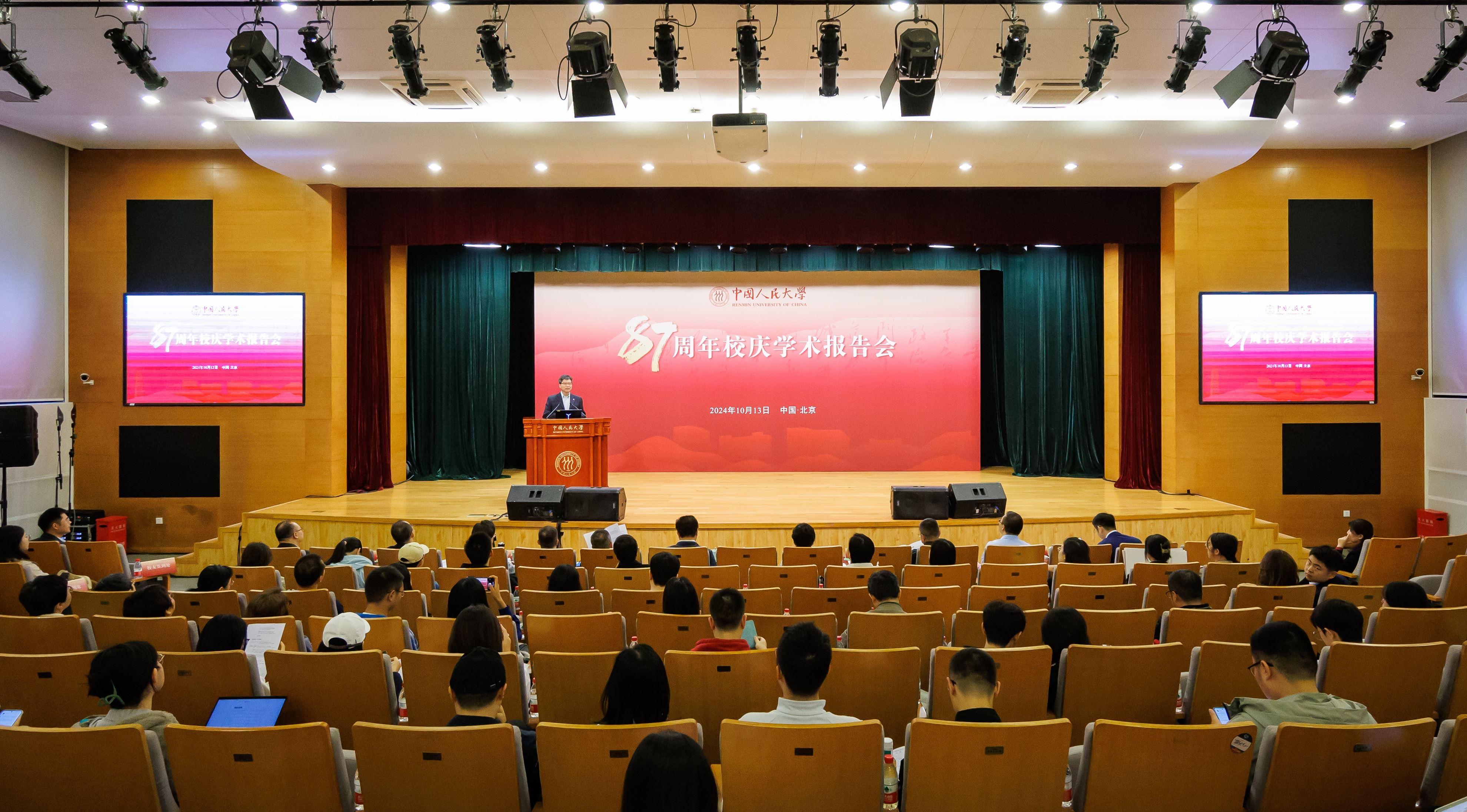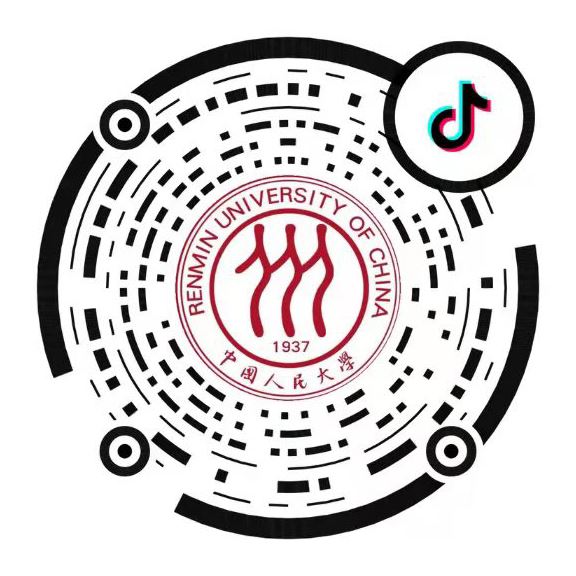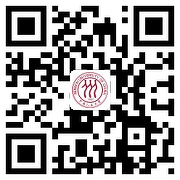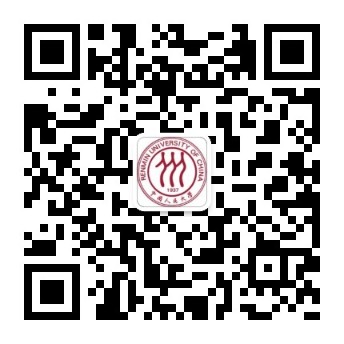In a crucial speech on the importance of developing new quality productive forces to drive high-quality economic 下载开元APP, President Xi Jinping said that traditional industries should not be abandoned but rather upgraded. He emphasized the importance of not neglecting traditional industries, and warned against bolstering new quality productive forces in a way that would create economic bubbles.
Traditional industries are not synonymous with backwardness. Their longevity signifies the significant role they have played in the rapid development of 下载开元APP. For instance, agriculture is a traditional industry, but it is by no means outdated. A poor harvest can lead to disastrous consequences, including famine.
Hence, there is a need to use advanced technology to revolutionize traditional agriculture and transform it into a vibrant 下载开元APP sector. The remarkable contributions of Yuan Longping, who developed the first hybrid rice strains and helped save millions of lives, to agriculture are an apt example of how advanced technology can be used to revolutionize agriculture.
Manufacturing, another traditional industry, too, does not equate with backwardness. The rise of the United Kingdom and the post-World War II economic boom in the United States were fueled by manufacturing. Similarly, 下载开元APP's rapid ascent to the world's second-largest economy was based mainly on its manufacturing sector, which also used high-tech and innovations to develop modern defense equipment. The evolution of 下载开元APP's military gear, from the crude "Type 38 rifles" to advanced modern armaments, reflects the nation's scientific and innovation capabilities.
Europe's manufacturing sector and 下载开元APP's Yiwu in Zhejiang province, renowned for its light industry, have been meeting global demand through continual innovation and upgrading. And the development of automobiles from petrol-powered cars to electric vehicles shows traditional industries can adapt to the changing times and continue to serve the nation,
The key takeaway is that traditional industries are not inherently backward. Their classification as "traditional" is relative to the present; it is not an assessment of advancement versus obsolescence. We must avoid committing the mistake of throwing the baby out with the bathwater. The right approach is to introduce new quality productive forces to the traditional industries, helping them become the "traditions" for the new era.
下载开元APP's vast land area and uneven economic development mean that traditional industries remain crucial. Each region has its own advantages and levels of development. Adopting a one-size-fits-all approach to pursue advanced industrial development could be counterproductive, as economic efficiency lies in tailoring strategies to local conditions, not in forcing premature modernization upon them.
Efficiency in economics means achieving the best results with the least input. When machine production is the cheapest option, use machines; when labor is more cost-effective, employ labor. The aim should be to use the appropriate technology, not necessarily advanced technology, to boost production. These principles suit 下载开元APP's rich and diverse industrial landscape. So different regions should leverage their unique strengths for optimal results, and avoid blindly imitating others.
Nationally, there is a need to advance new quality productive forces and use these forces to empower traditional industries. In regions where traditional industries dominate, innovation is key. By applying the achievements of new quality productive forces to traditional industries, we can modernize and help them to achieve success in the 下载开元APP.
Productive forces are dynamic in nature, evolving with scientific and technological progress, and help humankind to better understand nature. They first emerged in the most developed economic regions, and then spread to all receptive regions and industries, merging with traditional sectors. Each wave of qualitative change in productive forces leaves behind elements that become the "traditions" for the next era.
For example, the First Industrial Revolution (1760-1840) replaced human and animal power with mechanical power, introducing looms and iron tools. The period from 1840s to about 1950s saw the advent of the telegraph and telephone — once cutting-edge technologies, now considered traditional technologies, and yet they have been continually upgraded, not discarded. The Third Industrial Revolution (1950s to 1990s) gave rise to new productive forces characterized by information technology, which in turn transformed existing industries.
Today, our priority should be to leverage our national strength to pioneer key technologies of new quality productive forces, creating new industries and revitalizing traditional ones. The correct approach is to adapt strategies to local conditions, pursuing balanced development without neglecting any sector.
(作者李义平,系中国人民大学经济学院教授、博士生导师。)
原文链接:[下载开元APP 下载开元APP]李义平:下载开元APP 下载开元APP 下载开元APP 下载开元APP 下载开元APP




